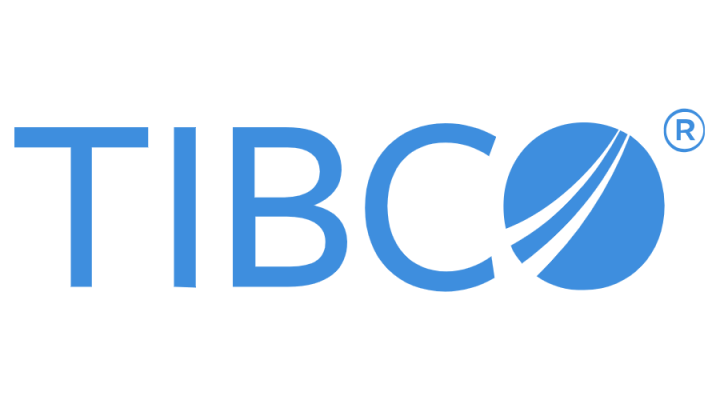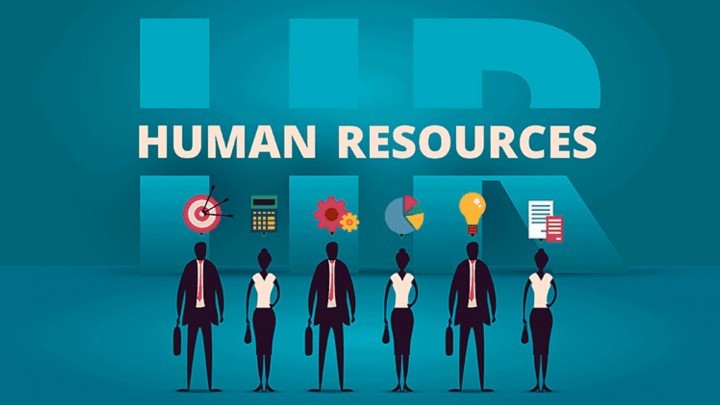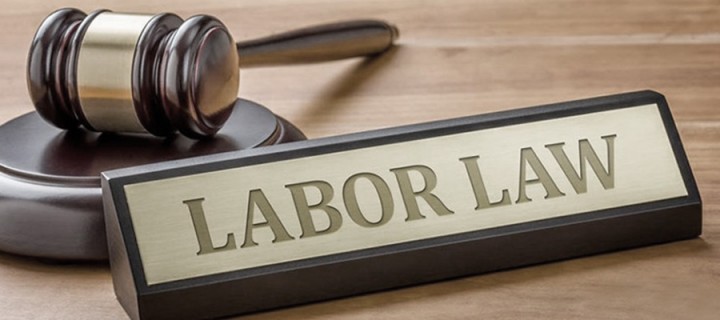
Defusing Workplace Politics
Managing organizational politics might not be the most enjoyable aspect of your job, but it’s critical to your success as a leader. Office politics is a serious topic and it can make or break your career.
While some level of workplace politics is inevitable, there are steps that business owners and managers can take to curb office gossip and political behaviour before they get out of hand.
What are organizational politics?
Organizational politics involves employees engaging in activities intended to advance their own interests above the good of the company — and their colleagues and bosses. In their simplest form, office politics are about the differences between people at work. These can be differences in opinions, personalities, authority, or power.
Practicing "good" politics enables you to further your and your team's interests fairly and appropriately. And, being alert to the "bad" politics around you helps to avoid needless suffering while others take advantage. Although workplace politics can be difficult to navigate, they’re an inevitable part of any organization. But when negative office politics begin to fester, your organization can suffer.
In this article, HRavailable looks at seven ways to "win" at office politics without sinking to the lowest standards of behaviour.
Identifying Workplace Politics
Office politics refers to the complex social structure of a workplace. It involves employees using their authority, power, and delegation for their personal agenda.
Within the microcosm of any organization, everyone plays a different role. Whether you realize it or not, company politics determine who has power and influence.
A little friendly competition amongst your team members isn’t necessarily a bad thing, of course. But there’s a fine line between fostering a healthy workplace environment that fuels stronger team performance and one that leads to acrimony and rivalries.
The challenge for managers is that if left unchecked, the negativity that results from an overly competitive work environment can create a toxic atmosphere that erodes morale and undermines your retention efforts.
Step back and assess the climate from the perspective of your employees. Are roles and career paths clearly defined? Are public praise and promotions tied tightly to performance — or does it sometimes come down to who’s the savviest self-promoter? Before you can address issues surrounding organizational politics, you need to view the landscape through the eyes of your team members.
But how do you handle politics in the workplace? Let’s take a look at a few steps you can take.
Know the Ins & Outs of the Organization
The first way to overcome workplace politics is to understand different functions of the organization. This means understanding the company’s organizational structure, who reports to who. It’s also important to understand who within the organization has influence. You might ask yourself questions such as, “who are the true influencers? Who is respected? Who mentors others?”
Keep close tabs on undercurrents
When it comes workplace politics, ignorance is not bliss. Make a concerted effort to remain attuned to the prevailing mood among your staff. Encourage employees to reach out to you with their concerns. Also, because not everyone will be inclined to speak up about certain issues, proactively touch base with your team members periodically. Engaging in informal one-on-one chats on a regular basis allows you to monitor morale and nip problems in the bud.
Don’t take Sides
You obviously want to make every effort to retain your top performers — but not at the expense of anyone else. Establishing special rules that only seem to apply to select individuals will undoubtedly spur resentment.
It is vital that employees remain neutral during conflicts, even if you like someone more than another. Your position may be a trusted authority figure, meaning that your actions and words have significant meaning. You must think about what is best for the company, not for personal satisfaction. Remaining neutral allows you to make great decisions and stay separate from workplace politics. Once a side is taken it is difficult to overcome.
Be a Role Model
Your employees take their attitudinal cues from you, so practice what you preach. Display a positive attitude in the face of adversity, steer clear of gossip, and never openly criticize the decisions of your own boss or peers.
Frost positive Work relationships
It’s much easier to cope with corporate politics when you have strong, positive relationships with those around you. Loyalty and friendship can take you far.
Keep it professional
It’s important to be friendly with your colleagues to build a sense of belonging at work. But there’s a fine line between being sociable and oversharing. Giving away too much information about yourself may cause others to use it against you in the future.
Unless you have good reason to, try to maintain a friendly but professional stance at work. Setting boundaries with your colleagues creates clear work structures. It also prevents your colleagues from taking advantage of you.
Keep yourself Cool
Similar to remaining objective, don’t lose your cool and become aggressive with someone or you’ll gain a negative reputation for it. This is relevant advice for all workplace situations. If you do not remain cool, your reputation and career is at risk. Even though workplace politics may upset you, staying cool has its benefits. Keeping cool prevents you from saying or doing anything in the moment that you may regret later.
Implement a Fair Rewards System
When it comes to promotions, raises, or even a pat on the back for a job well done, treating everyone equally is one of the best ways to keep employees happy. Obvious favouritism from a manager or leader is one of biggest drivers of workplace gossip. Encourage your managers to think about how they’ve been distributing positive feedback.
A standardized rewards system is also another opportunity for you to improve transparency within your broader company culture. When employees know what progression in the business looks like, they’re often more motivated to work toward their own personal goals for career development.
Enhance Opportunities for Team Building
You could do this a number of ways, including:
- Starting a cross-functional project that brings together people who haven’t previously worked closely with each other
- Instituting a fun company tradition (think something like annual office Olympics, desk decorating contests, monthly trivia contests, or more) that pushes people outside of their normal cliques
- Creating learning opportunities like dedicated Slack channels or employee groups; where employees can connect over shared interests or experiences
HRavailable keeps you updated on the latest news in the UAE job market.
Get to know more in-depth knowledge on various HR related topics visit HRavailable.
HRavailable keeps you updated on the latest news in the job market.
Get notified about the latest job openings through HRavailable and never miss a chance to get noticed by the recruiters.















































































































































